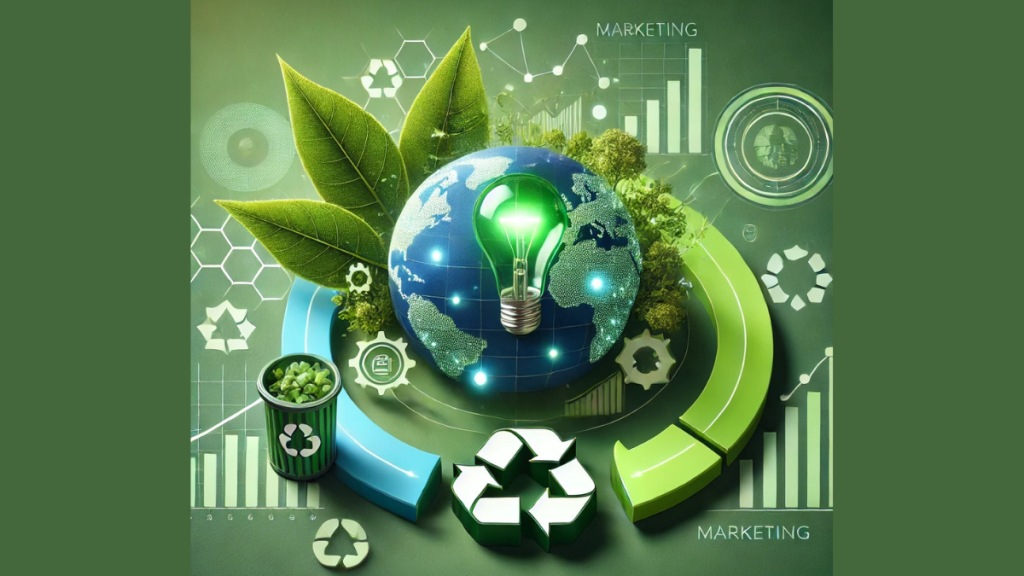The 2nd India-Sweden Sustainability Day, held in Mumbai, has paved the way for new avenues of collaboration in decarbonisation and sustainability. Building on the longstanding partnership between India and Sweden, the event served as a platform for key stakeholders from both nations to share insights, exchange ideas, and showcase successful initiatives aimed at driving the green transition.
This year’s gathering was a powerful reminder of the shared commitment between India and Sweden to address the global climate crisis through innovation, technology transfer, and strategic partnerships. It focused not only on high-level discussions but also on practical collaborations, reflecting a mutual dedication to achieving sustainable development goals.
Key Outcomes: Strengthening Collaborative Action
One of the defining outcomes of the event was the affirmation of Sweden’s role as a leader in decarbonisation, particularly in industries such as cement, automotive, and steel. With Sweden achieving its lowest energy-related emissions in half a century, the event underscored the importance of Sweden’s technology-driven approach to transitioning to a low-carbon economy. This experience was highlighted through discussions on sector-specific decarbonisation strategies, with Swedish companies sharing their advancements and expertise in transforming energy-intensive industries.
Sweden’s efforts were presented alongside India’s ambitious sustainability agenda, including its goal to achieve net-zero emissions by 2070. The meeting emphasized the importance of India’s role in the global green economy and how both countries can collaborate to meet these challenges. Swedish companies, many already established in India, have been contributing to this transition by providing cutting-edge solutions that can be scaled to India’s vast industrial sectors.
High-Impact Dialogues and Partnerships
The day’s panel discussions were a key highlight, with a standout session titled “Breaking Barriers: Innovative Approaches to Sustainability in High-Emission Sectors.” This session brought together major players from both countries, including Atlas Copco, Tata Power, and Mahindra Group, to explore practical, scalable solutions for reducing emissions in sectors like heavy industry, energy, and transport. The dialogue underscored the critical need for innovation and cross-sector collaboration in accelerating sustainability.
Another impactful segment was the “Impact: Unlocking a Sustainable Future” session, which celebrated the results of ongoing collaborations between Indian and Swedish companies. Firms like Volvo Group, Affectus AB, and Kalyani Steel shared success stories about their sustainable projects, further highlighting the tangible benefits of India-Sweden cooperation in advancing green technologies and practices.
A Shared Vision for the Future
As the event wrapped up, several speakers stressed the importance of Sweden and India’s continued collaboration. Sven Östberg, Consul General of Sweden in Mumbai, underscored how Swedish innovations in renewable energy and sustainable industries could complement India’s green transition efforts. “Indian companies are increasingly looking for solutions to scale their sustainability efforts, and Swedish expertise is playing a crucial role in supporting this transition,” Östberg remarked.
Abhijit Ghorpade, Director at Maharashtra’s State Climate Action Cell, emphasized the strategic alignment of both nations in the fight against climate change. He noted, “This collaboration strengthens both countries’ ability to meet their climate targets, combining Sweden’s advanced solutions with India’s ambition for green growth.”
Expanding the Partnership: Concrete Steps Ahead
In 2024, the India-Sweden partnership has seen tangible results, with over 20 new collaborations initiated across industries such as green hydrogen, renewable energy, and clean technologies. These partnerships reflect the ongoing commitment to sustainable industry practices and the joint desire to accelerate the adoption of innovative solutions to combat climate change.
Furthermore, the India-Sweden Sustainability Day reaffirmed the importance of the Triple Helix Model—the Swedish approach of fostering close cooperation between academia, industry, and government. This model has proven successful in fostering innovation and will continue to serve as the foundation for future projects aimed at industry decarbonisation and climate action.
Looking to the Future: A Model for Global Sustainability
The speakers emphasized the need for continued and deepened cooperation between India and Sweden, with an eye toward setting global standards for sustainable innovation. Christian Kamill, Deputy Head of Mission at the Embassy of Sweden, shared his optimism for the future, saying, “Together, Sweden and India are setting a new benchmark for international sustainability collaborations, one that will resonate far beyond our borders.”

